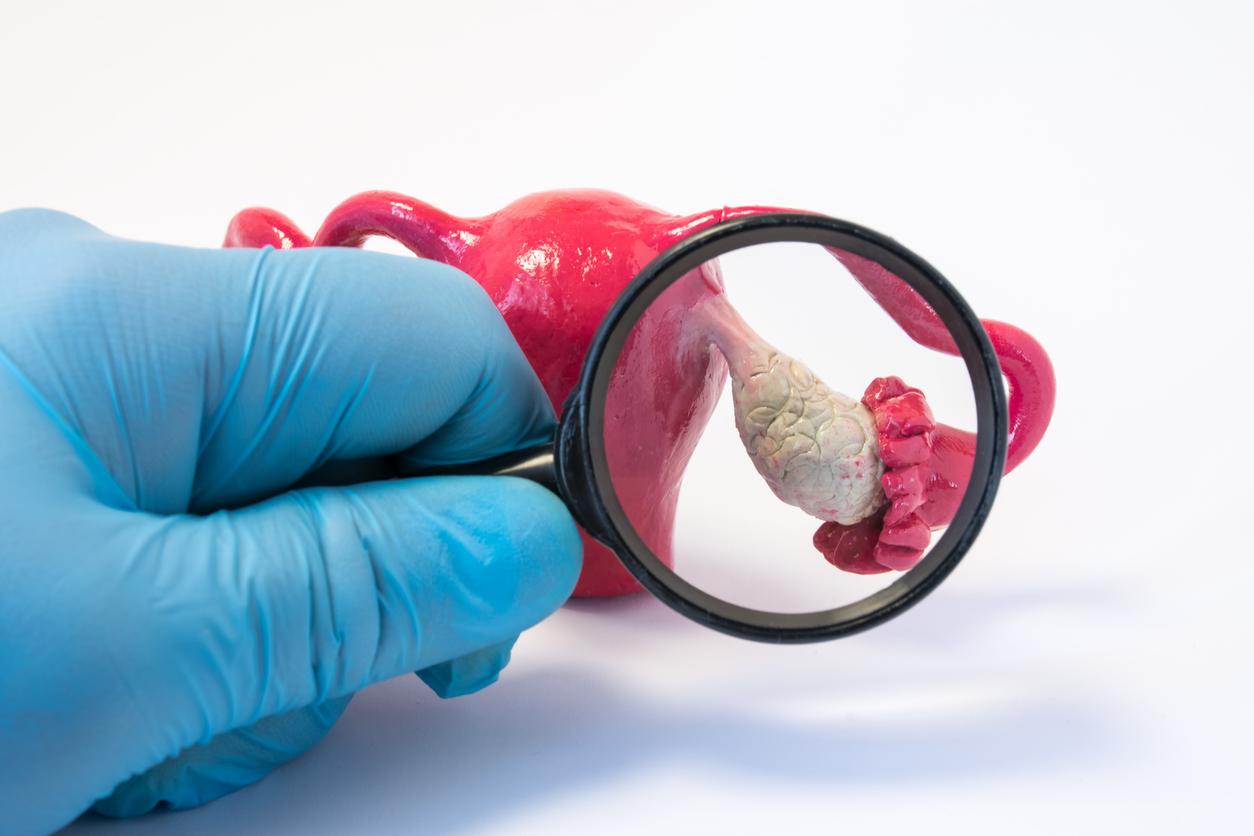
March 22, 2017.
Getting more than 9 hours of sleep a night could be harmful to your brain health. American researchers warn about the multiplication of the risk of developing Alzheimer’s disease in heavy sleepers.
Sleep and neurodegenerative disorders are linked
If you are used to sleeping at least 9 hours a night, beware, your risk of developing Alzheimer’s disease is significantly higher. A study conducted by researchers at Boston University has just discovered a link between sleep and neuronal degeneration, which could worry more than one.
In their conclusions, published in theAmerican Academy of neurology, these researchers explain having examined the cases of 2,400 people, who participated in an investigation for 10 years. Throughout the duration of this study, these participants agreed to regularly answer the researchers’ questions, in particular about their sleep habits. The appearance of neurodegenerative disorders has also been observed in the latter.
Heavy sleepers have lower brain volume than others
Conclusion after 10 years, all people who used to sleep 9 hours a night doubled their risk of developing Alzheimer’s disease during the study period, compared to participants who said they slept less at night. The study of the brains of participants who slept more than others showed a lower brain volume and a slower-than-average information recording process.
In the field of sleep, everything would therefore be a question of measurement. While this study says you shouldn’t sleep too much to maintain brain health, others are without appeal to confirm that the lack of sleep is a factor of the appearance of diabetes, but also of obesity, cardiovascular disease and ultimately the risk of death.
Sybille Latour
Read also: Take care of the quality of your sleep

















